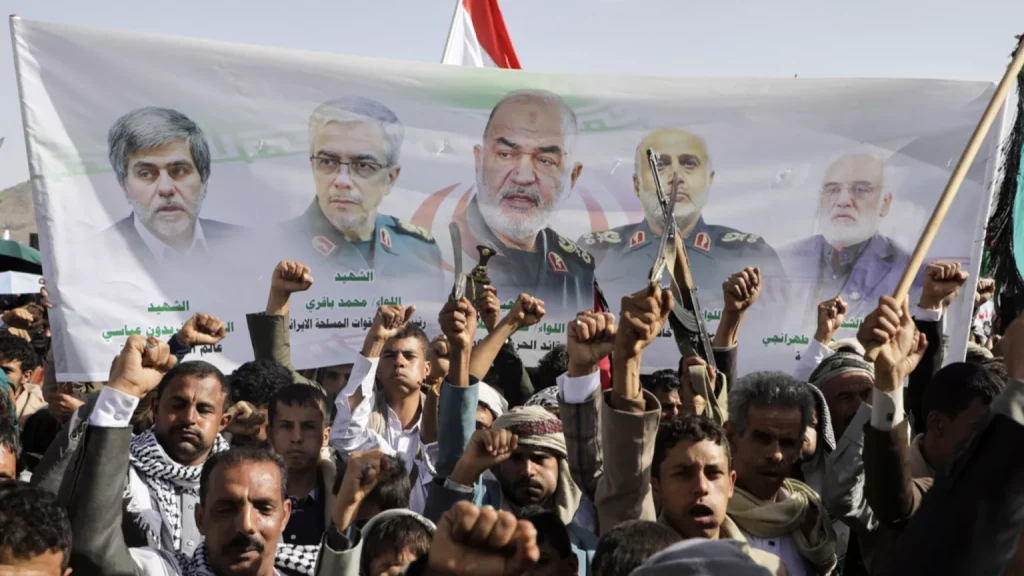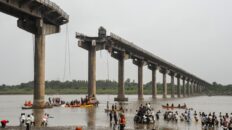In a notable intensification of tensions in the Middle East, Israel has conducted targeted airstrikes on Yemen, reacting to growing threats and drone assaults allegedly organized by the Iran-supported Houthi rebels. This attack represents a substantial broadening of the ongoing regional conflict, eliciting global apprehension and strong reactions from neighboring countries and international organizations.
Background: Why Did Israel Strike Yemen?
The conflict has its origins in the Houthi movement, a Shiite rebel group based in Yemen. This group has been launching missile and drone attacks across the Red Sea towards Israeli territory. The Houthis have openly expressed support for Palestinian factions, including Hamas, and have vowed to retaliate against Israeli actions in Gaza.
In recent weeks, Israel has taken a more assertive military stance, especially after Houthi drones were intercepted over the Red Sea and near the southern Israeli city of Eilat. On July 6, 2025, the Israeli Defense Forces (IDF) confirmed that they had conducted precision airstrikes on military sites in Yemen, specifically targeting launch pads, warehouses, and command centers used by Houthi forces.

🌍 Regional and Global Reactions
Iran, the primary supporter of the Houthi rebels, has strongly condemned the Israeli military operation, labeling it a “dangerous provocation” and warning of “serious consequences.” Meanwhile, Saudi Arabia and other Gulf nations have called for restraint, fearing that open conflict between Israel and Yemen could destabilize the entire Arabian Peninsula. The United States has reiterated its backing for Israel’s right to self-defense, but is also encouraging diplomatic channels to prevent further escalation. The United Nations Secretary-General, António Guterres, has expressed deep concern and demanded an immediate ceasefire and the protection of civilians.
🛡️ Military Details and Damages
According to the Israeli Defense Forces (IDF) and satellite imagery released by global defense analysts, several missile depots and radar installations in the Yemeni cities of Sana’a and Al-Hudaydah were struck. The Houthis have claimed that multiple civilians were injured or killed, though these figures remain unverified. Israel maintains that all targets were military in nature and that the strikes were carried out with precision to minimize collateral damage. Nevertheless, Yemen, already ravaged by years of civil war, now faces further turmoil with the involvement of a new adversary in its conflict.
📊 Current Situation (As of July 7, 2025)
The Red Sea shipping lanes remain threatened due to Houthi attacks on Israeli and Western-linked commercial vessels. Israeli air defenses are on high alert across its southern and coastal regions. Houthi media has broadcast footage claiming “successful retaliation,” which Israel has denied, asserting no damage on their end. There is a growing fear that the conflict could escalate, potentially drawing in Hezbollah from Lebanon or exacerbating tensions between Israel and Iran.
🕊️ What’s Next?
Diplomatic backchannels are reportedly active, with Oman and Turkey offering to mediate a ceasefire agreement between Israel and the Houthis. Meanwhile, humanitarian agencies are urging all sides to avoid civilian areas and respect international laws of war. The Israeli-Yemen strikes could mark the beginning of a new multi-front challenge for Israel, already grappling with unrest in Gaza, tensions in the West Bank, and hostilities with Hezbollah on its northern border.







Add comment